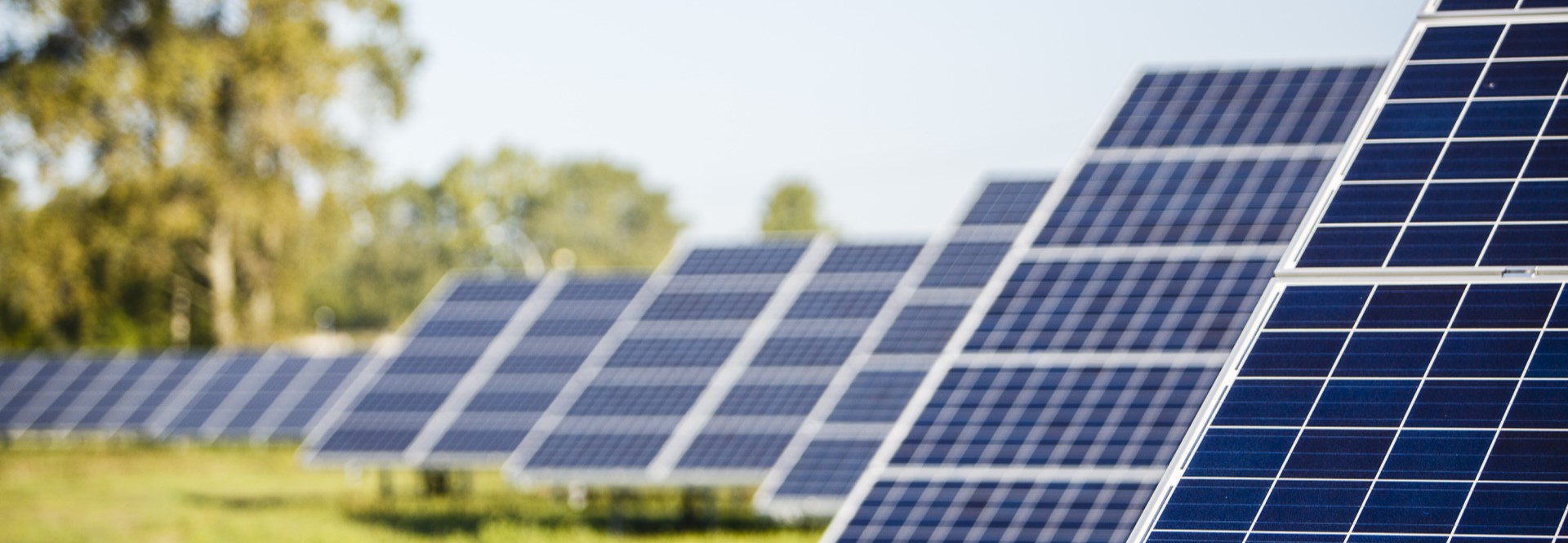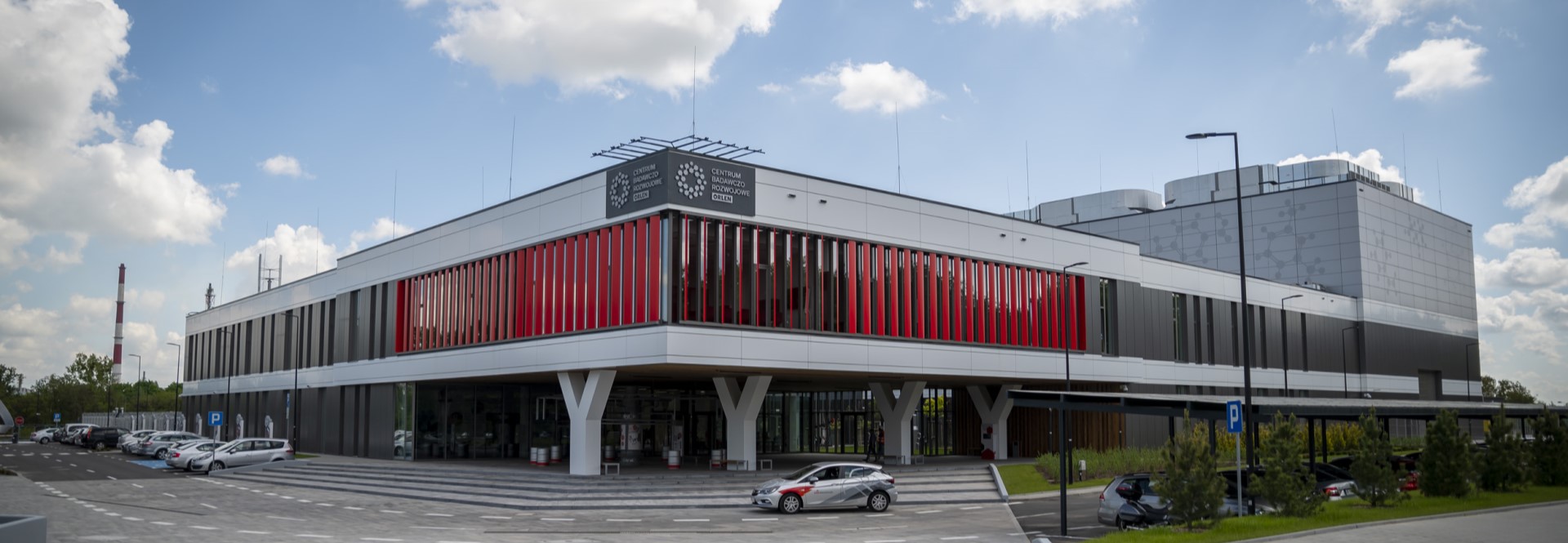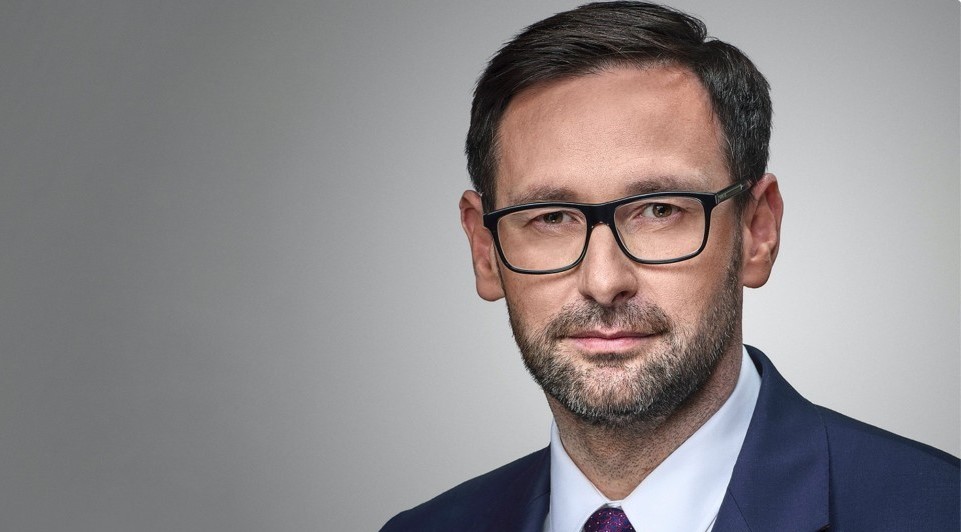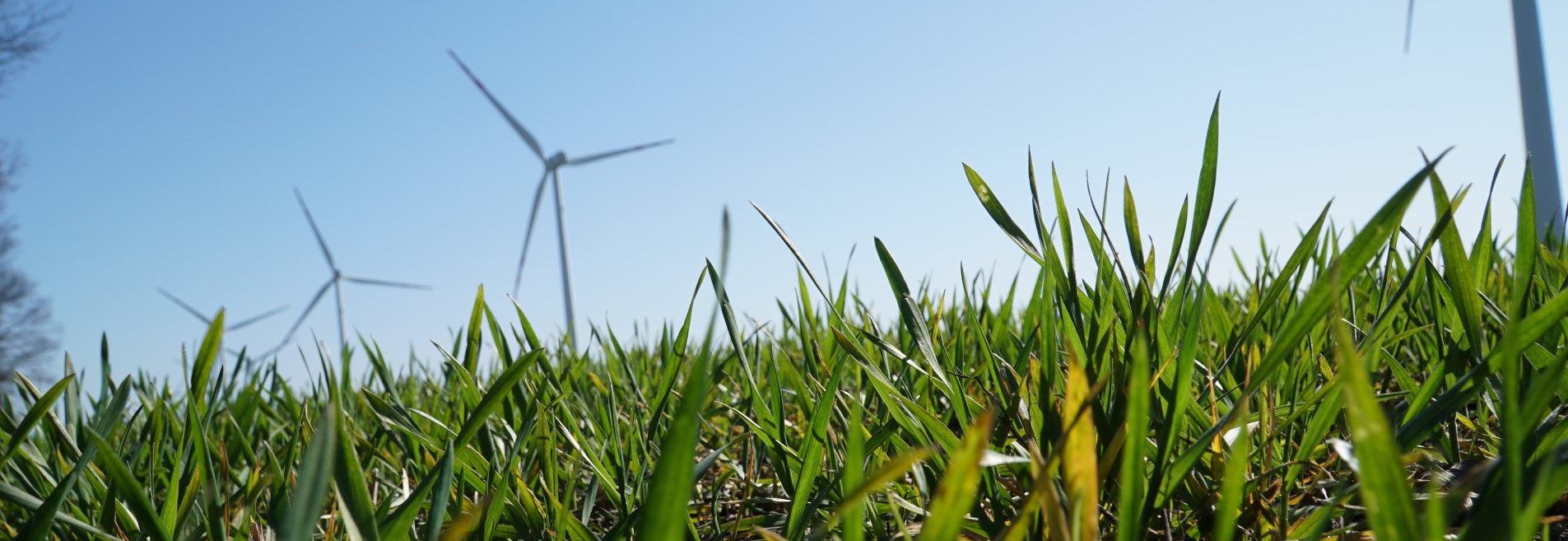| 2022 | 2030 | ||
|---|---|---|---|
|
Offshore wind farms
Onshore wind farms |
|
|
|
|
|
Strategic growth directions for the business segments
In response to the energy transition, ORLEN2030 will evolve into a more sustainable multi-utility business.

-
103-1
-
103-2
Building a multi-utility group requires that our current portfolio be complemented with new, promising business areas.
New business models
| 2022 | 2030 | ||
|---|---|---|---|
|
Solar energy |
|
|
| 2022 | 2030 | ||
|---|---|---|---|
|
Hydrogen |
|
|
| 2022 | 2030 | ||
|---|---|---|---|
|
E-mobility |
|
|
| 2022 | 2030 | ||
|---|---|---|---|
| Biofuel production |
|
|
| 2022 | 2030 | ||
|---|---|---|---|
|
Recycling
|
|
|
Under the new strategy, our growth is based on key pillars of business segment management.
Energy
Main growth area: investment in renewables and gas-fired capacities
Our key growth area over the next decade will be energy, based mainly on renewables and supported by gas-fired sources. By 2030, we intend to achieve over 2.5 GW of installed RES capacity (attributable to the ORLEN Group’s interests in the installed capacities), including 1.7 GW in offshore wind farms and 0.8 GW in onshore (wind power and solar PV) sources. We will also increase the installed capacity of our modern gas-fired power plants from today’s 1.1 GW to over 2.0 GW. The generation capacity will be supported by the Group’s extensive and modern distribution network, allowing it to reach a broad base of customers and generating a steady stream of profits. The Group will also build energy storage facilities on a pilot basis to optimise the costs of electricity distribution.
Petrochemicals
Petrochemical capacity expansion, specialty products and recycling.
By 2030, around a half of our profits from crude oil processing will be derived from the petrochemical business. Expansion of the existing portfolio and entry into new business areas will help entrench our position as a leading petrochemical producer in Central Europe. PKN ORLEN is set to ramp up its capacities in olefins and other base products. It will also solidify its position in polymers – a business line with attractive growth potential – by extending the value chain and entering into compounding and concentrates. Concurrently, the share of speciality high-margin products (such as phenol and aromatic derivatives) in the Group’s portfolio will grow from 16% to approximately 25%. Recycling and biomaterials will be new branches of the petrochemical segment. By 2030, we will expand our recycling capacity (mainly in plastics) up to 0.4 million tonnes. We will also implement advanced circular economy technologies.
Refinery
Maintaining the position of a leading regional refiner with major investment into biofuels.
Until 2030, refining will remain an important segment of our business. Its transformation will be driven by energy efficiency improvements, increased crude conversion rates and integration with Grupa LOTOS, the Group’s major domestic peer. Expansion of the biofuel and hydrogen fuel output will be another vital driver. Within the coming decade, the Group will emerge as the region’s leading producer of biofuels (including 2G biofuels), with an annual capacity of 2m tonnes. As part of the strategy, work will be continued on the Group’s hydrogen hub projects in Włocławek and Płock, and steps will be taken to launch green hydrogen production.
Retail
Expansion of the retail network and non-fuel segment
The strategic vision is to vigorously develop our retail arm, based on the network expansion and significant additions to the retail offering. By 2030, the number of Polish ORLEN-branded service stations operating throughout the region will be at least 3,500. The ORLEN Group will focus on developing its network mainly on foreign markets, with the share of foreign locations up from the current 37% to 45%. We seek to enhance the availability of alternative fuels, by deploying at least 1,000 EV fast chargers by 2030 and increasing sales of hydrogen and LNG/CNG. Our broad, integrated offering of non-fuel products and services will keep attracting new customer groups. Based on the RUCH countrywide chain of newsagents, we will expand our store and food service formats beyond service stations, and will also develop our own network of parcel pick-up points and e-commerce services. Integration with the Energa Group will help ORLEN develop comprehensive service centres for both retail and business customers, encompassing fuel and electricity sales as well as distributed energy solutions. Delivery of the initiatives outlined in the strategy will drive a 50% increase in gross non-fuel margin relative to 2019.
Upstream
Sustainable portfolio growth, with a focus on natural gas assets.
The strategy envisages prudent expansion of the production asset portfolio, with a special focus on natural gas reserves and potential restoration of the existing portfolio of production assets after merger with Grupa LOTOS. The ORLEN Group will also expand its existing operations in Poland. The Group will pursue growth in upstream while continuously maximising asset value and driving operational excellence.


Sustainable development of the ORLEN Group
The ORLEN Group’s strategy until 2030 sets the long-term objective of achieving full carbon neutrality by 2050.
Our 2030 CO2 reduction targets are 20% less emissions from the existing refining and petrochemical assets and 33% less emissions per MWh from the energy business. We will spend PLN 30bn on sustainable development projects, with over PLN 25bn to be allocated to measures aimed at reducing our carbon footprint.
Significant investments in R&D and digital transformation
Pursuit of our strategic objectives will also require changes within the organisation. Over the next decade, we will spend approximately PLN 3bn (ca. 3% of our overall growth capex budget) on research, development and innovation, as a key area of its necessary transformation. The funds will be used to develop the Corporate Venture Capital fund and finance the activities of the ORLEN Research & Development Centre, among other projects. Another essential element will be the digital transformation, driving efficiency gains in production and distribution, helping mitigate the environmental footprint and strengthening customer relations. We will put in place a new management model, tailored to the scale of the Group’s operations and taking into account the ongoing acquisition processes. We will be an organisation relying on knowledge and versatile competences, investing in talent and human capital.


Further growth from stable financial foundations
The strategy is also designed to ensure stable financial foundations for our business. Our value is based on profitable projects, sustainable funding sources and a robust balance sheet. Having capped our net debt/EBITDA ratio at 2.5x, we will align the Group’s CAPEX plans with its current financing capabilities. We will rely on a balanced mix of funding sources with current cash flows supported by an additional debt capacity. We also use alternative funding sources, such as project finance, EU funding for innovation and energy transition projects, and engaging with external partners who would co-fund selected projects. Projects aligned directly with the Group’s carbon neutrality goal are partly financed through green and sustainable bonds issued on the European capital market.
The strategy is expected to drive a two-and-a-half-fold increase in EBITDA, to approximately PLN 26bn in 2030. The energy, petrochemical and refining segments will each generate EBITDA of approximately PLN 7bn, the retail segment – EBITDA of around PLN 5bn and the upstream segment – EBITDA of ca. PLN 1bn.
EBITDA growth [PLN bn]
EBITDA growth, by operationg segment [PLN bn]
Presentation of the ORLEN Group’s 2030 strategy is available here.

